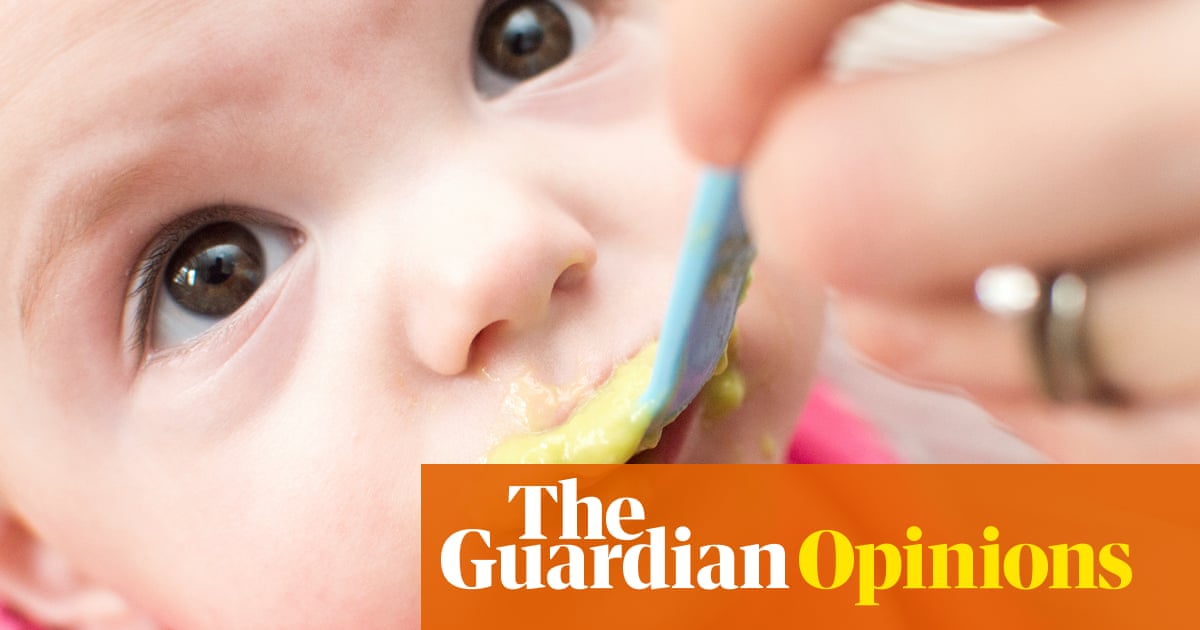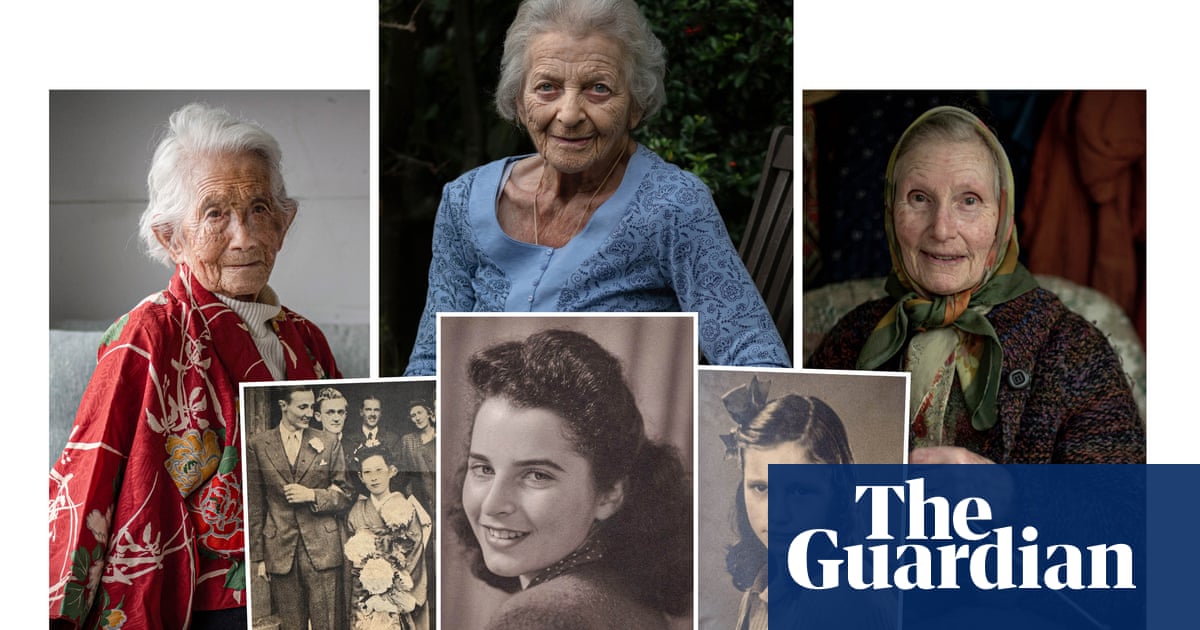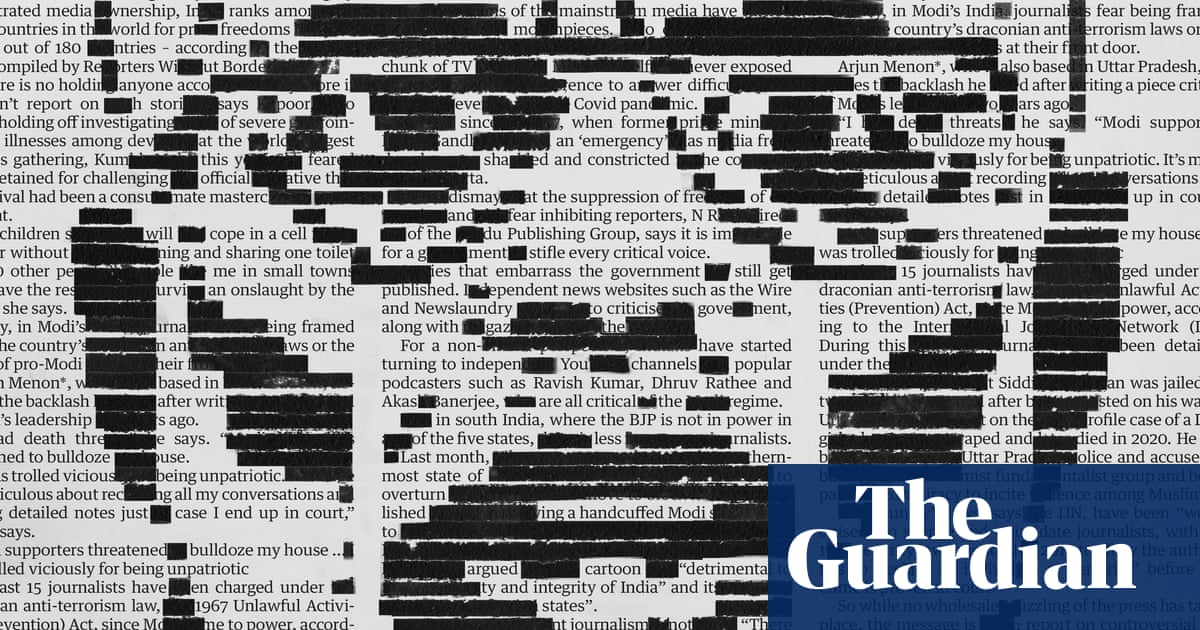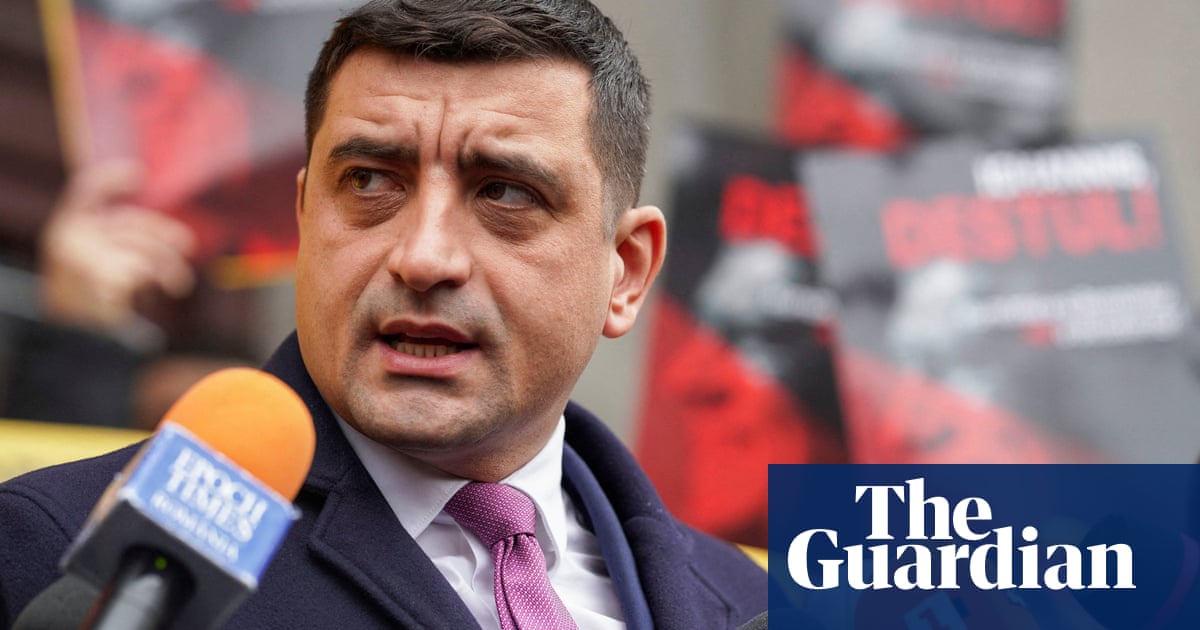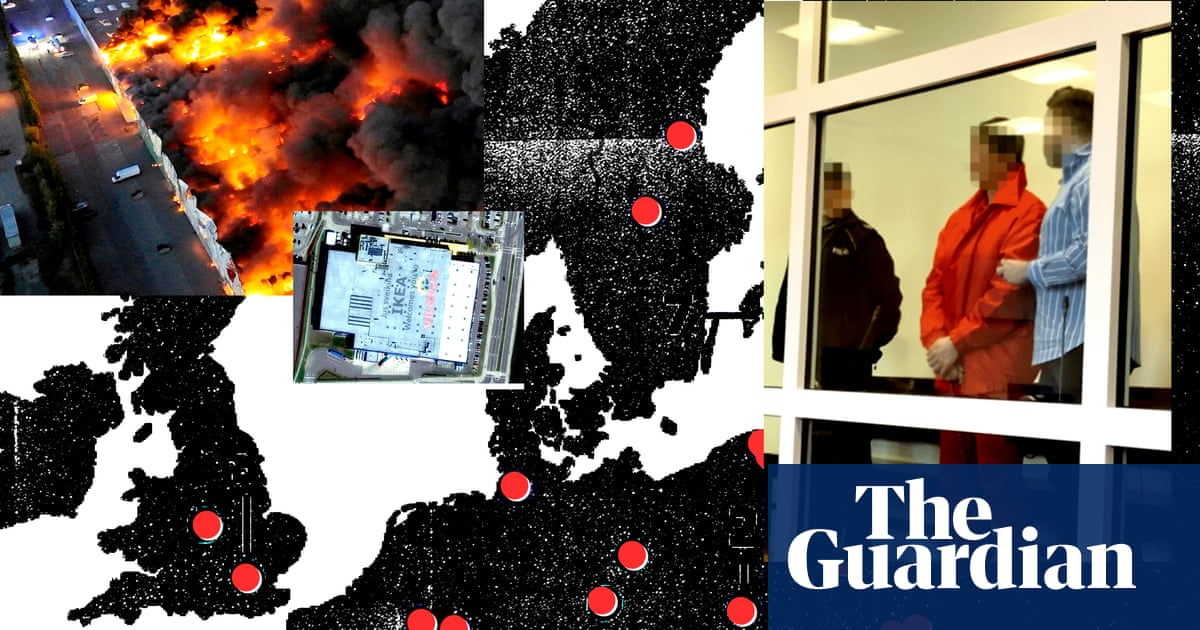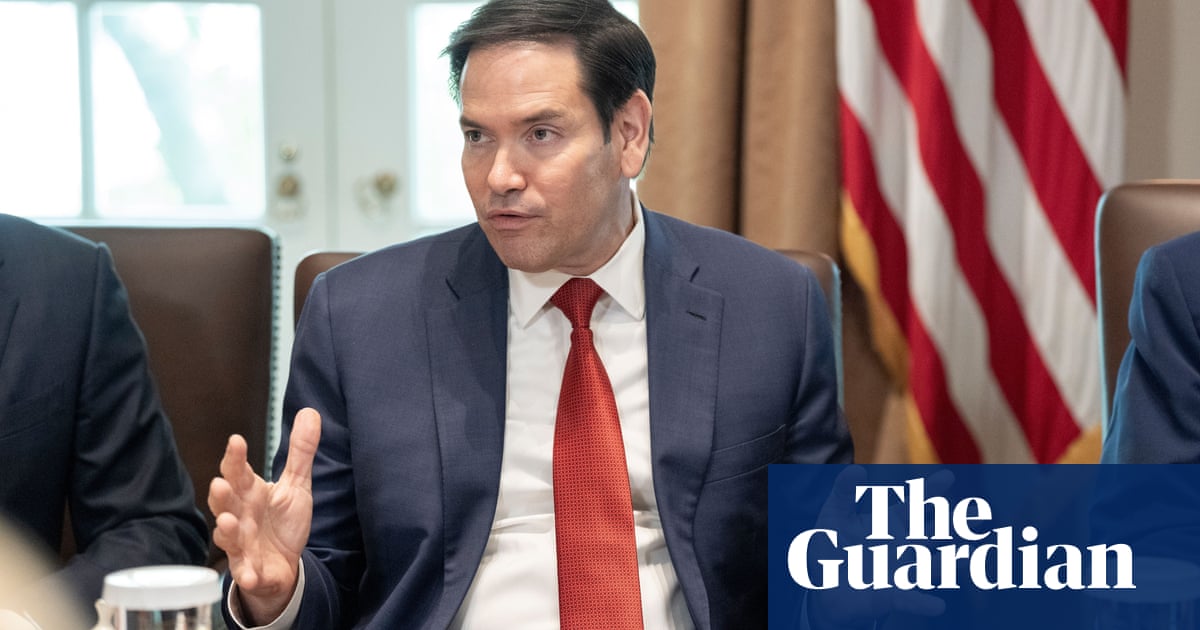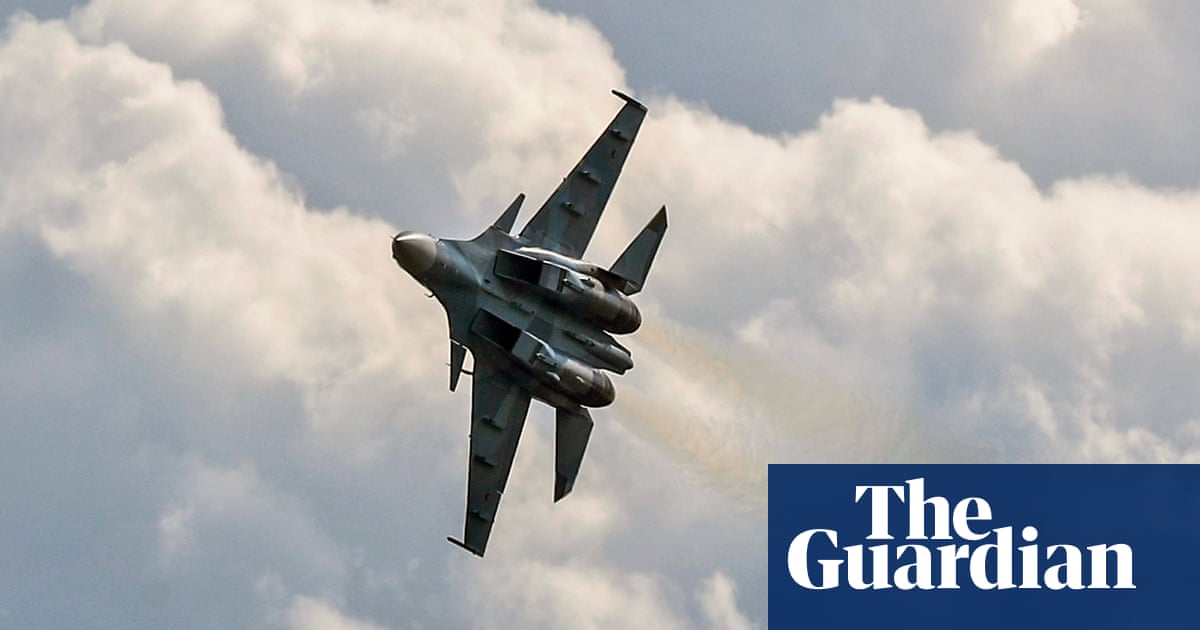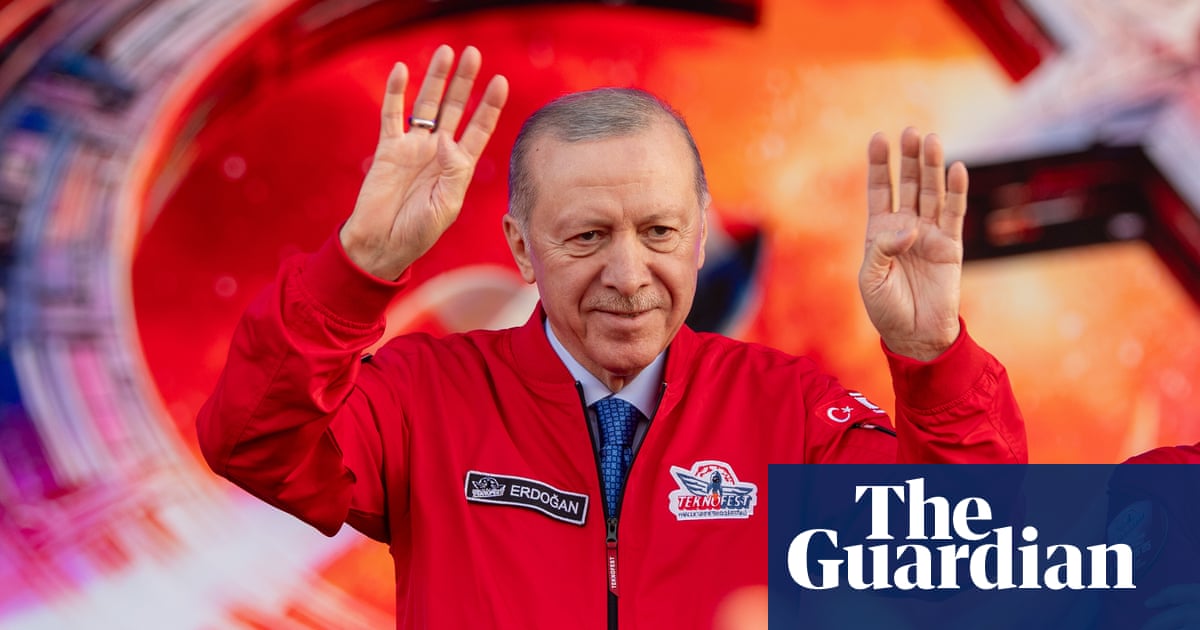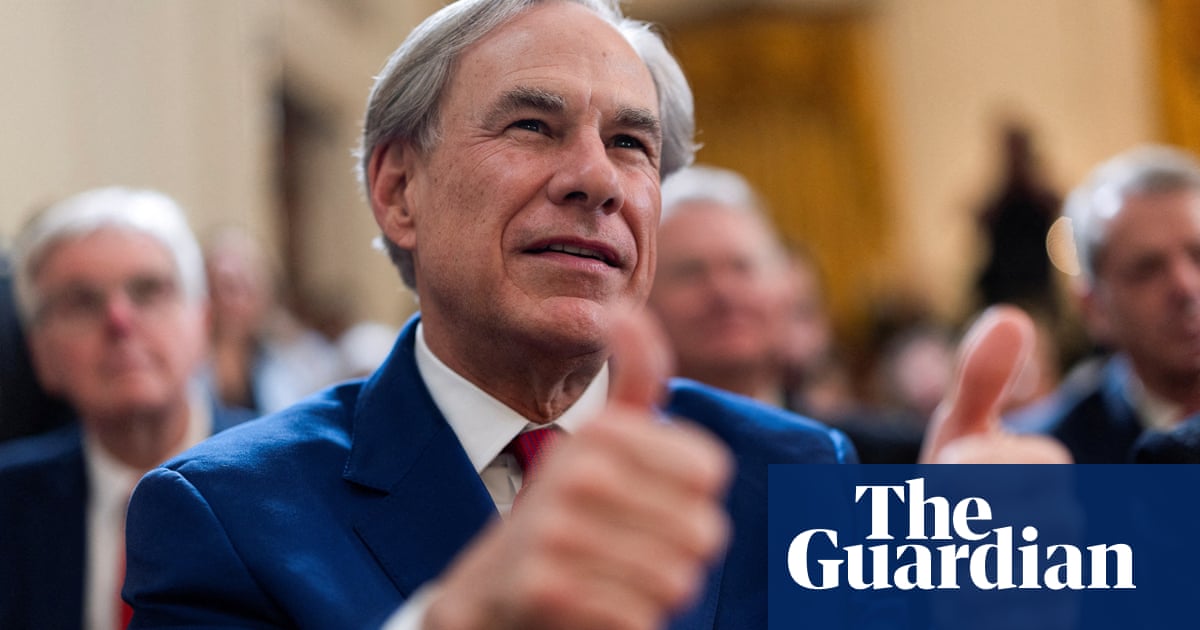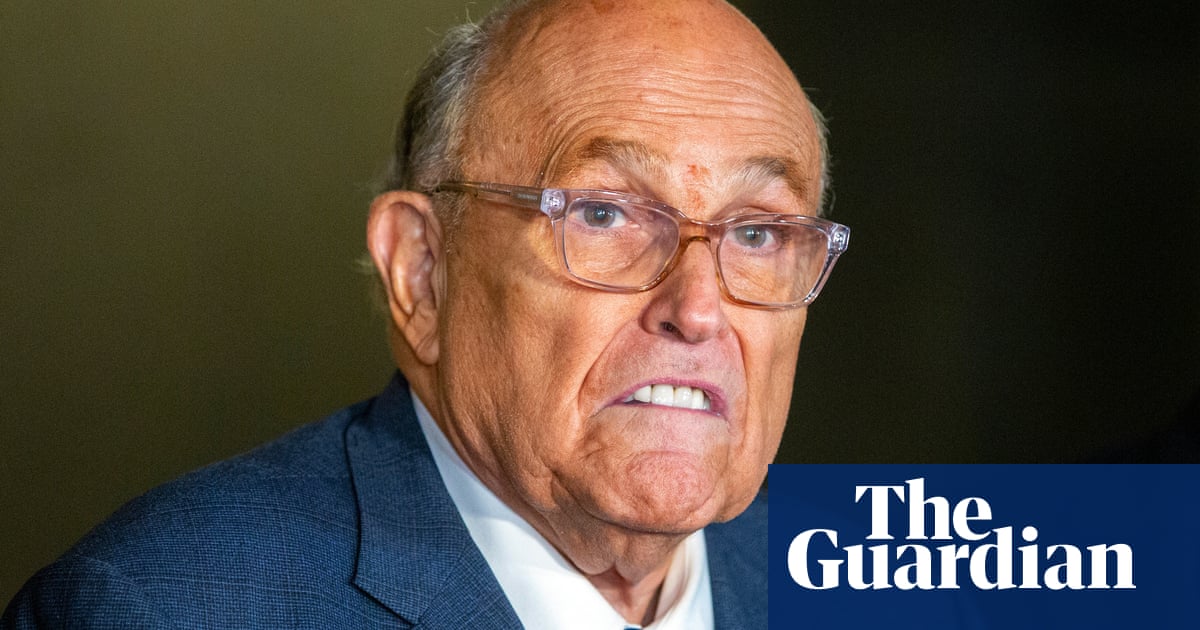Victims of Nazi atrocities will be remembered at ceremonies next week marking the end of the second world war in Europe. Survivors and relatives gathered at the Bergen-Belsen concentration camp near Hanover last Sunday to commemorate the estimated 72,000 people who were murdered there. Among those killed was a young German-born Jewish girl, Anne Frank, whose celebrated diary recalls those terrible times.
The dead of 1939-45 should never be forgotten. But we should also be mindful to count the dead of 2025. To know that in years to come, we will remember, record and honour victims of today’s recurring atrocities. Each day brings news of more appalling acts by governments and armed groups in wars and conflict zones around the world. One difference now is, unlike the Nazi atrocities, many of these crimes are very public knowledge even as they occur.
When confronted by such horrors, silence is unacceptable. Silence is complicity. To remain silent is to suggest nothing has been learned from the past.
So where is today’s outrage? Cries of protest are frequently not listened to. Take, for example, recent events in Yemen, one of the world’s poorest countries. Imagine, if you can, what it’s like to be a defenceless Yemeni child or bewildered Ethiopian migrant bombarded without warning from on high by the most lethally sophisticated weapons the US and, shamefully, the RAF possess.
In one terrifying airstrike in Saada last week, 68 civilians, mostly Africans, were killed at a detention centre. The US suggests it was used by Iran-backed Houthi fighters to attack Israel and Red Sea shipping – but has produced no evidence. Human Rights Watch estimates several hundred people have died in Yemen since Donald Trump relaxed bombing rules intended to limit civilian casualties. “Deliberate attacks on civilians and civilian infrastructure are war crimes,” it warned.
Atrocities are an almost daily occurrence in the Democratic Republic of the Congo (DRC), where rebels rampage. Yes, like Yemen, it’s a distant land of which most people in the UK know little. But take it from me. I’ve visited Goma and the eastern DRC. Children there are much like children everywhere else. And at the height of recent fighting, Unicef spokesperson James Elder said, a Congolese child was raped every half an hour. Nearly 10,000 cases of rape and sexual violence were reported in January and February this year, Elder said. “Girls and women are enduring the most unimaginable horrors, and they are no longer getting even the basic medical care they need.”
In Haiti, thousands have been killed or displaced in anarchic gang violence that UN peacekeepers cannot halt. In Myanmar, despite March’s earthquake, the military junta carries on killing and torturing with impunity. Sudan’s genocidal civil war, entering its third year, is not “forgotten”; it’s mostly just ignored. And then there’s starving, besieged Gaza, where the predominantly civilian death toll caused by Israel’s war is more than 52,000. Who will erect a memorial to their murdered daughters? Who will publish their diaries?
Why is this carnage tolerated, even normalised? One proffered reason is the complexity and number of conflicts – the most since 1945. The total has doubled in the past five years. More than 300 million people need humanitarian aid and protection. Yet the UN system, frequently paralysed by major power rivalries, is failing. Its authority is scorned, its envoys sidelined, its peacekeepers attacked, in Lebanon and elsewhere. It is critically under resourced.
Key agencies are running out of funds, endangering millions of lives, the UN’s emergency aid chief, Tom Fletcher, warned last week. The future of peacekeeping operations, the subject of a crucial summit in Berlin this month, is also in doubt. The US, which contributes 27% of the $5.6bn UN peacekeeping budget, is $1.2bn in arrears. Now Trump proposes to end funding altogether.
Draconian cuts to national overseas aid and development budgets, notably by the US and Britain, further reduce capacity to address internal and inter-state violence. Conflict resolution is a forgotten art; witness Trump’s Ukraine blundering. The inability of international courts to effectively sanction states, or detain and punish indicted war criminals such as Vladimir Putin and Benjamin Netanyahu, encourages perpetrator impunity.
Yet another factor is also at work. People in wealthier, more stable countries appear overwhelmed by the vast extent and sheer awfulness of global breakdown. Anecdotally, many say that faced by relentless tsunamis of upsetting news they simply “switch off”. It’s not that they don’t care. It’s that they feel powerless. Natural disasters still prompt generous responses. The UK Disasters Emergency Committee’s Myanmar earthquake appeal raised £16m in its first week.
But man-made “forever wars”, and complicated ethnic and religious conflicts in, say, Afghanistan, Syria or Somalia are harder to engage with. The Charities Aid Foundation’s 2025 report found that fewer people than ever in the UK are giving to charity (at home and abroad). Although a chunky £15.4bn was donated in 2024, the UK’s ranking in CAF’s global giving index slumped to 22. Other well-off countries could do better, too. Some of those that gave the most, such as Kenya, were among those with the least.
War and conflict are products, not causes, of current world disorder, which is primarily political in origin. Spreading instability stems, partly at least, from political fragmentation, from the ongoing rejection of globalisation and an agreed international rulebook. A rising tide of authoritarian rightwing populism, ultra-nationalism, me-first economics, xenophobic prejudice and fear of difference – as well as an enervating loss of faith, trust and moral purpose – contribute to this depleted sense of connection.
Atrocities are not neatly historical. They don’t only happen to other people in faraway places. They are a metaphor for the ills of the modern world. Politically, militarily and morally atrocious behaviour is spreading like a virus, and draws ever closer to home.
-
Simon Tisdall is a Guardian foreign affairs commentator

 4 hours ago
4
4 hours ago
4


